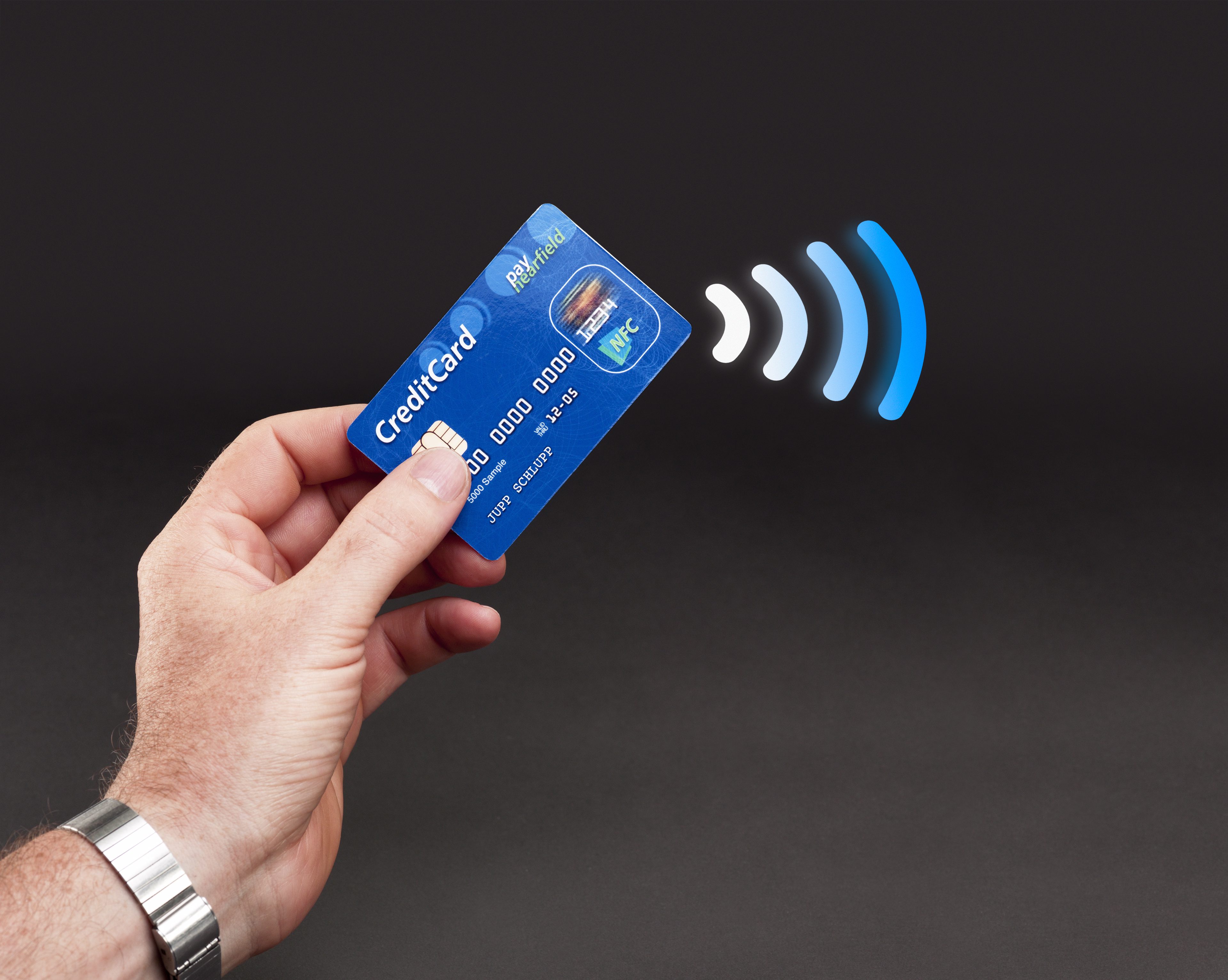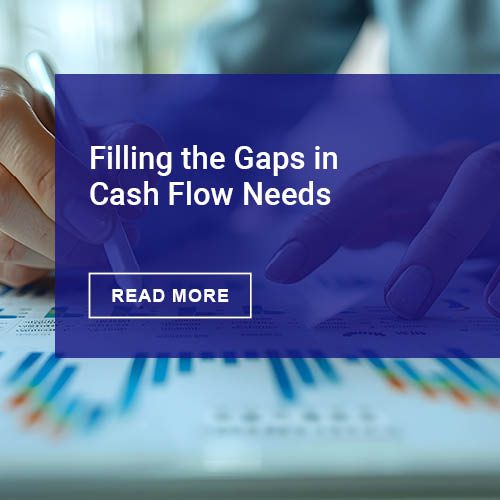During a recent daylong conference sponsored by Thomson Reuters and the International Centre for Missing and Exploited Children, Gavin Andresen, Bitcoin’s lead developer, and Patrick Murck, Bitcoin Foundation general counsel, addressed one of the chief criticisms of the digital currency, which is that it is used to purchase child pornography.
During a conference panel discussion, Andrew Oosterbaan, the U.S. Justice Department official who enforces laws against child pornography, argued that the availability of an anonymous virtual currency such as bitcoins helps make child pornography more profitable.
From the Washington Post:
“There’s a myth about Bitcoin that it is an anonymous payment network,” Murck said. “That is not true. [Bitcoin has] an open public ledger that shows every transaction.”
Murck also emphasized his willingness to work with policymakers to craft the regulations that will govern the Bitcoin economy. “We’re all happy to live with the consequences of whatever rulemaking is open and transparent,” he said. The problem, he said, is that so far agencies have conducted their deliberations in secret. He urged them to begin a formal rulemaking process that would be open for anyone to participate.
But the reality is that there’s only so much the Bitcoin Foundation can do to help law enforcement. If Bitcoin were an ordinary startup, federal regulators might demand that it make changes to its network to accommodate the needs of law enforcement. But while the official Bitcoin software is published by the Bitcoin Foundation, the project is organized as a consensus-driven open source project. That means that even project leader Gavin Andresen doesn’t have the authority to make the kinds of major architectural changes that would be necessary to make it work the way the feds are used to.
Murck’s comments about the anonymous nature of bitcoin use being untrue is only partially true itself; there are ways to make tracking transaction originators virtually impossible. Only when personal information is revealed by the bitcoin owner during an exchange can the owner’s identity be associated with that person’s bitcoin address. When bitcoins received from two different sources are spent together from the same Bitcoin address, a network analysis can link all three parties associated with those bitcoins. For this reason, bitcoin advocates recommend that owners use many different bitcoin addresses and, when possible, create a new one each time they receive money, especially when using websites. They also suggest using a tool such as Tor to hide one’s computer Internet Protocol address to avoid having it being logged.
Efforts to make bitcoin use acceptable from the U.S. government’s perspective really are out of the realm of the Bitcoin Foundation’s capabilities. As such, it will be difficult for bitcoins to emerge as a viable alternative to government-issued currencies, especially from the viewpoint of U.S. regulators.
Click here to read more from the Washington Post.











